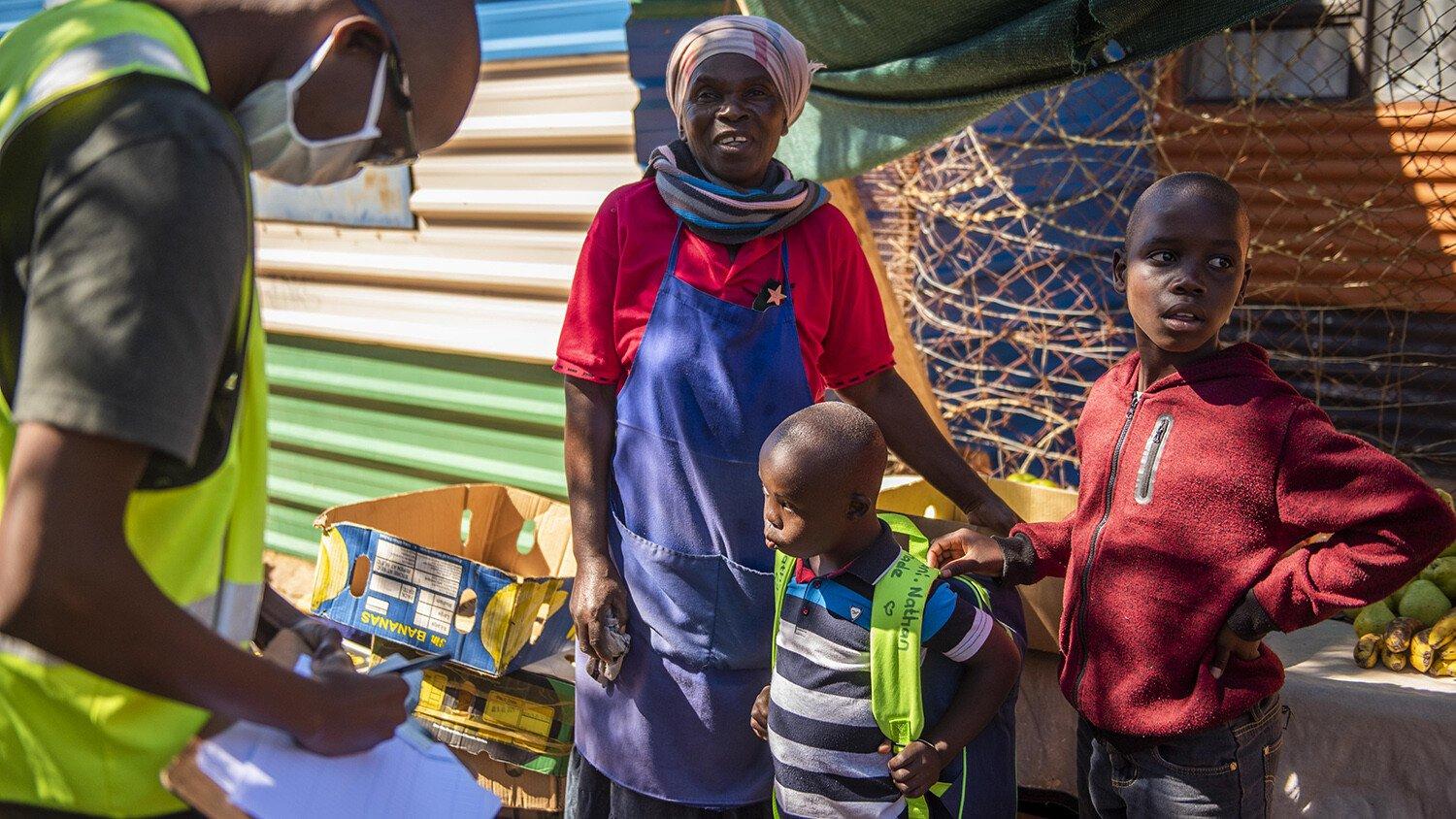Coronavirus Global Response helped to raise billions for research. But we need more
On 4 May 2020, world leaders, global banks and health organisations came together to invest in the Covid-19 response. With billions pledged, Alex Harris explains what this could mean for the urgent research into tests, treatments and vaccines.

Global cooperation is critical if we are to end this pandemic. It was hugely encouraging to see so many world leaders step up and provide $8 billion of urgently needed financial support at the Coronavirus Global Response Summit.
All of the funds committed will be vital in helping strengthen public health systems, supporting efforts to protect and save lives, and funding immunisation programmes around the world.
But the job is not done yet. We need to understand the detail of the pledges beneath the headline figure and ensure that any gaps in funding are rapidly filled in the coming weeks – for the vital Covid-19 research and for building capacity to produce the huge numbers of tests, treatments and vaccines the world needs.
At a time when the virus continues to spread, it is also vital that the funding that what has been pledged is released as quickly as possible.
What's next?
Many governments have yet to join the Coronavirus Global Response – there is still an opportunity for them to join this truly collaborative effort and support equitable access to tests, treatments and vaccines.
For organisations like CEPI, the Coalition for Epidemic Preparedness Innovations, and FIND, the Foundation for Innovative New Diagnostics, which are at the forefront of responding to this crisis, we need to highlight the gaps that remain between what has been pledged and what is still needed.
There are around 100 research groups looking for a vaccine, with some of these already in the early stages of clinical trials. But we have no way of knowing which of these will work. That is why an international effort is required. A vaccine cannot be developed as a national commodity, it should be a global public good.
As some communities around the world start to cautiously return to work, this week’s efforts show that many countries are willing to invest now and invest more in the testing, treatments and vaccines that we all hope will end this crisis.
Ultimately much more, billions and billions, will be needed to reach everyone, everywhere: to ensure not only that we have effective ways to test, treat and prevent Covid-19, but that we can also manufacture and deliver equitably, affordably and at the scale needed worldwide.
The initial $8 billion is the essential seed funding needed today.
If we are to protect lives and economies around the world, this money needs to be available immediately.
Without it, the unprecedented pace of response we are seeing will falter and we will not get ahead of Covid-19.
